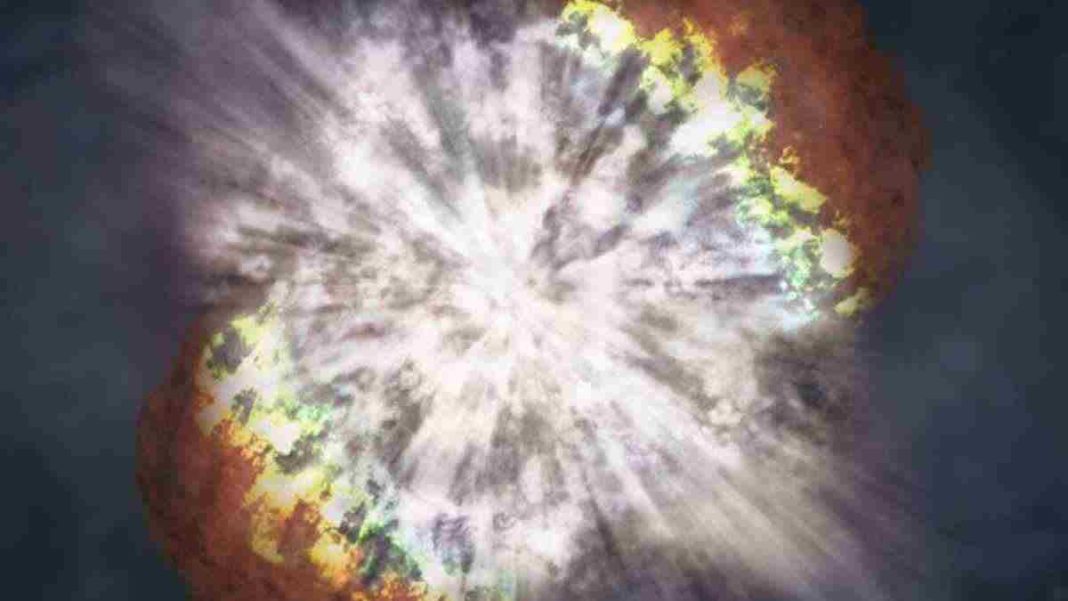INDIA: The study conducted by astronomers using the Chandra X-ray Observatory and other telescopes has revealed that exploded stars, also known as supernovae, pose a new threat to planets, including Earth, beyond our control. This report aims to discuss the potential effects of supernova-generated X-rays on Earth and other planets, as well as the implications of the research.
X-Ray exposure and its effects
Supernovae generate a large amount of X-rays that can reach Earth-like planets, affecting their atmospheric chemistry. This can lead to ozone depletion, which ultimately exposes life to dangerous ultraviolet radiation from the host star, potentially triggering an extinction event. The study suggests that these effects can last for decades, causing harm to planets up to 100 light-years away.
Observations and research
The research team targeted four supernovae with telescopes, including supernova 1979C, SN 1987A, SN 2010jl, and SN 1994I, to understand their impact on planets in deep space. According to their research, planets can be exposed to fatal radiation doses up to 160 light-years away from the supernova.
Implications and significance
While there is no immediate danger to Earth from supernovae, past research has suggested that they may have played a role in Earth’s past. The finding has ramifications for astrobiology, palaeontology, and the earth and planetary sciences, in addition to helping us understand the life cycle of stars. Future research on X-rays from supernovae can help us better understand the threat they pose to planets and help mitigate the effects of such events.
Conclusion
In conclusion, the study has identified a new threat to planets, including Earth, from exploded stars that generate harmful X-rays. The study highlights the potential dangers of supernovae and underscores the need for further research in the field. It is essential to monitor the threat of supernovae, as they could impact our planet and the entire universe beyond it.
Also Read: Jupiter-Venus Conjunction Tonight: Unmissable Space Wonder for Nightgazers



